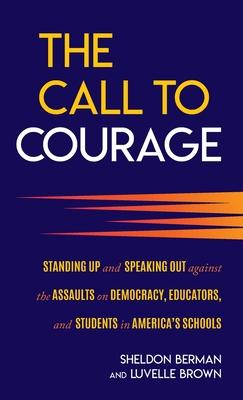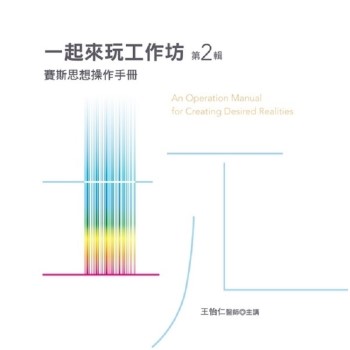Our nation is rocked by ideological divisions threatening both the work of educators and the core of our democracy. Individuals and groups are attacking public education and implementing policies antithetical to education in a democratic society. They seek to impose their own beliefs upon students and educational institutions by censoring materials, ideas, and practices they find objectionable. They promote intolerance through exclusionary and discriminatory policies and practices concerning persons of different racial, ethnic, religious, national origin, gender, or political identities. They advocate abandoning discussion of culture and identity--despite their importance to student success--to ensure that preferential consideration continues for the prevailing culture. And they close off open dialogue and scrutiny of factual evidence, instead imposing their own agendas. In doing so, they politicize education, bring partisanship into the classroom, promote indoctrination, and undermine education’s democratic goals.
At their best, public schools are an anathema to indoctrination and authoritarianism because they bring a wide range of perspectives into the classroom and teach students to think independently. A democratic and pluralistic society requires that individuals honor and respect differences in identities and beliefs, endorse the pursuit of truth through examination of factual evidence, and participate in open dialogue to resolve issues of difference. Education in a democratic society must support the development of these attitudes, skills, and values in young people. Yet our nation’s culture wars are being fomented by those who have a contradictory vision of American education.
The current times call on each of us to understand what is at risk and to summon the courage to stand up for the pursuit of justice, equity, and a meaningful democracy. But how do we develop and express that personal courage to support schools in promoting respect for diversity and inclusivity, enhancing children’s well-being and social-emotional development, affirming the goals of equitable access and opportunity for all, and providing students with the knowledge and skills to sustain and strengthen our democratic society? At the state and local levels, how do we change the culture of educational endeavors from divisive to collaborative?
This book is a clarion call to parents, educators, students, community members, and education leaders to take courageous action in response to the current threats. To support these individuals in bravely choosing to stand up and speak out, The Call to Courage shares the stories and strategies of others who are boldly and publicly embracing that very challenge.












